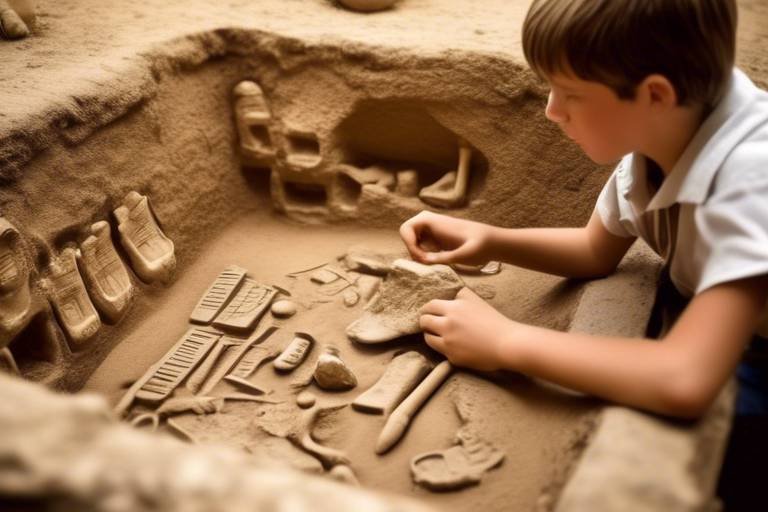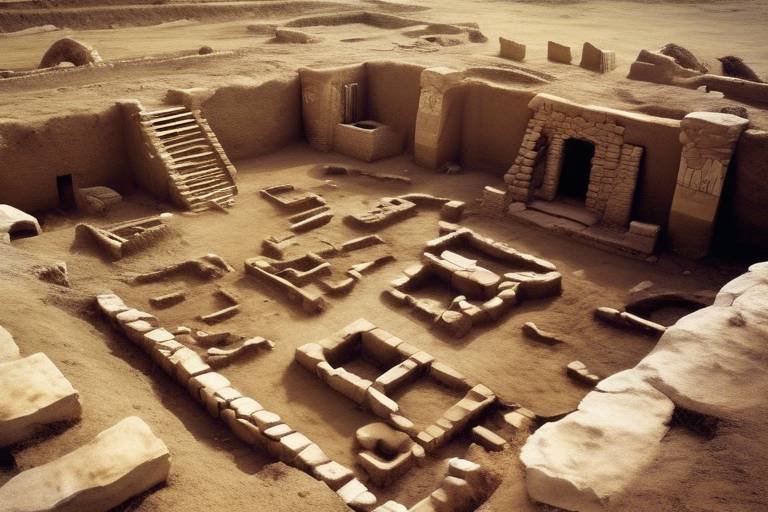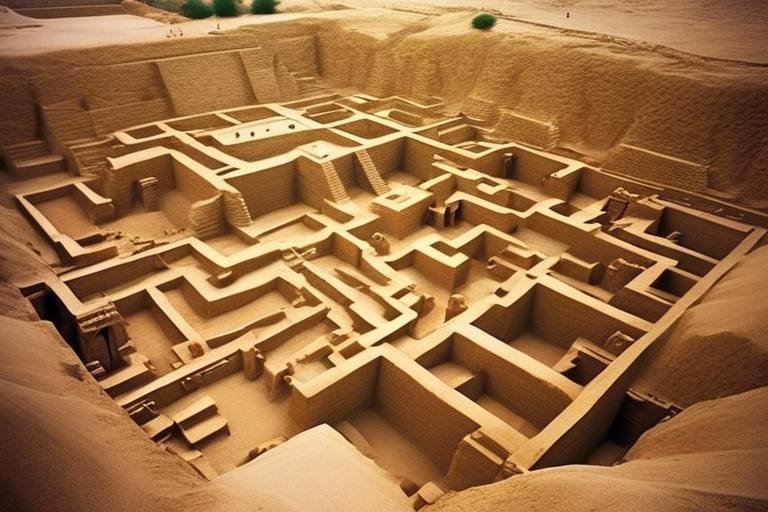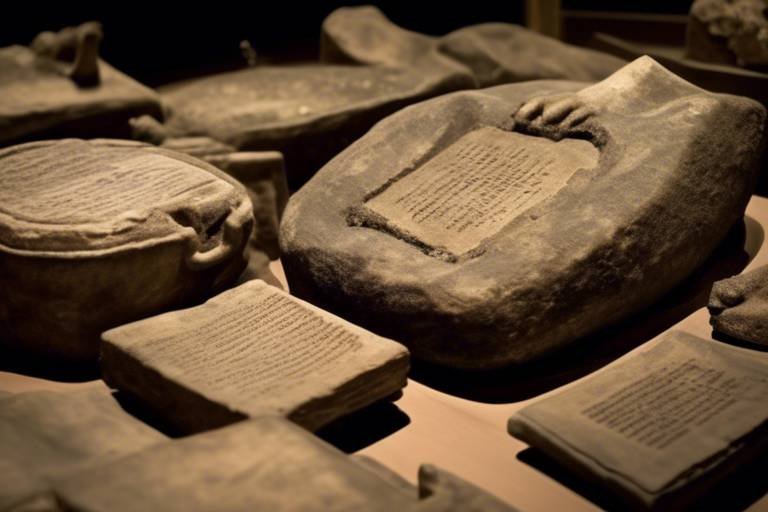How Modern Conflicts Affect Archaeological Sites
Modern conflicts have a profound impact on archaeological sites, artifacts, and cultural heritage, presenting significant challenges for archaeologists operating in conflict zones. The destructive nature of warfare and civil unrest can result in irreversible damage to invaluable historical treasures, shedding light on the complexities faced by those striving to preserve our shared past.
One of the most distressing consequences of modern conflicts is the deliberate targeting and destruction of archaeological sites and artifacts. These acts of cultural vandalism lead to the permanent loss of irreplaceable pieces of history, erasing vital connections to our collective heritage and depriving future generations of valuable insights into ancient civilizations.
Moreover, conflicts often create fertile ground for looting and illegal trafficking of archaeological treasures. The chaos and instability provide opportunities for illicit activities, fueling a black market trade in artifacts that robs these objects of their context and historical significance, undermining the integrity of archaeological research and preservation efforts.
The impact of such activities extends beyond immediate material losses, affecting the very foundation of archaeological research and the understanding of past societies. By disrupting the integrity of archaeological sites and removing artifacts from their original contexts, looting and trafficking hinder efforts to reconstruct the intricate narratives of ancient civilizations, impeding scholarly progress and diminishing the richness of our shared history.
Additionally, conflicts often result in the forced displacement of local communities residing near archaeological sites, severing the deep-rooted connections between people and their cultural heritage. The upheaval caused by warfare can lead to the abandonment of ancestral lands, disrupting the continuity of traditions and knowledge passed down through generations, further exacerbating the loss of cultural identity.
The destruction of infrastructure essential for the preservation and conservation of archaeological sites compounds the challenges faced by archaeologists in conflict zones. Museums, research facilities, and conservation centers are frequently targeted during conflicts, impeding efforts to safeguard cultural artifacts and impeding the progress of vital preservation work, jeopardizing the survival of our shared heritage.
Despite the grim realities of conflict, international organizations and agreements play a crucial role in protecting archaeological sites and advocating for the ethical treatment of cultural heritage during times of turmoil. These collaborative efforts aim to mitigate the damage inflicted on archaeological treasures, promoting responsible stewardship and fostering a global commitment to safeguarding our shared past.
Within the fraught landscapes of conflict zones, archaeologists grapple with complex ethical dilemmas, navigating issues of looting, preservation, and community engagement. Balancing the demands of research with the imperative to protect cultural heritage, these professionals confront unique challenges that require nuanced approaches and a steadfast commitment to upholding archaeological ethics.
As conflicts subside and communities begin the arduous process of rebuilding, post-conflict reconstruction efforts take on renewed significance in restoring damaged archaeological sites, preserving cultural heritage, and revitalizing the bonds between people and their past. The restoration of these sites serves as a beacon of hope, symbolizing resilience and the enduring power of humanity's shared history.
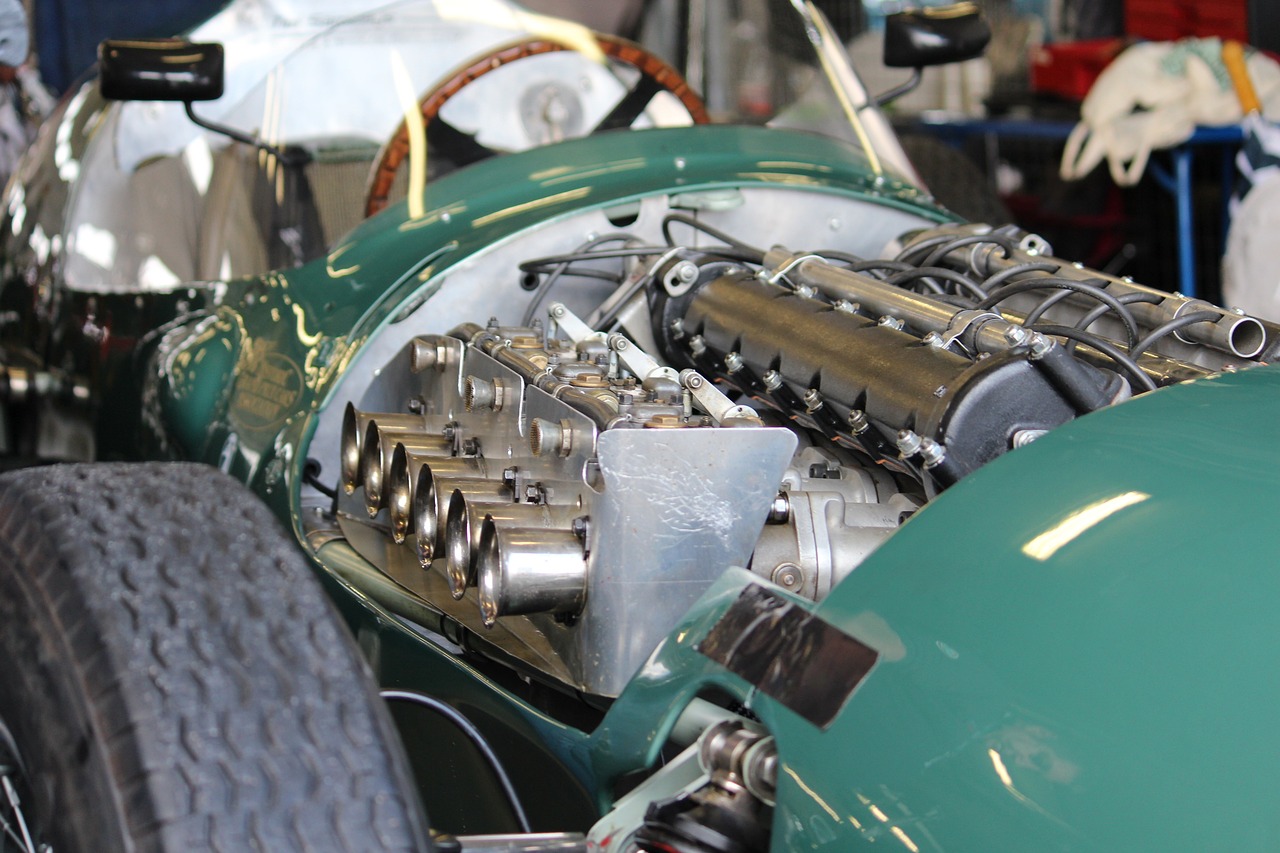
Destruction of Cultural Heritage
Warfare and civil unrest have long-lasting impacts on archaeological sites, often leading to the destruction of cultural heritage that holds immense historical and cultural significance. The deliberate targeting of ancient sites and artifacts during conflicts results in irreversible loss, wiping out centuries of human history in moments of chaos and violence.
Imagine walking through a once-thriving archaeological site, only to find it reduced to rubble and ashes, its treasures looted or destroyed beyond recognition. The devastation caused by conflicts not only erases tangible remnants of the past but also shatters the intangible connections to our ancestors and their way of life.
Archaeologists working in conflict zones face the daunting task of salvaging what remains amid the chaos, piecing together fragments of the past in a race against time and destruction. The loss of cultural heritage due to conflict is a tragedy that reverberates through generations, robbing humanity of its shared history and identity.
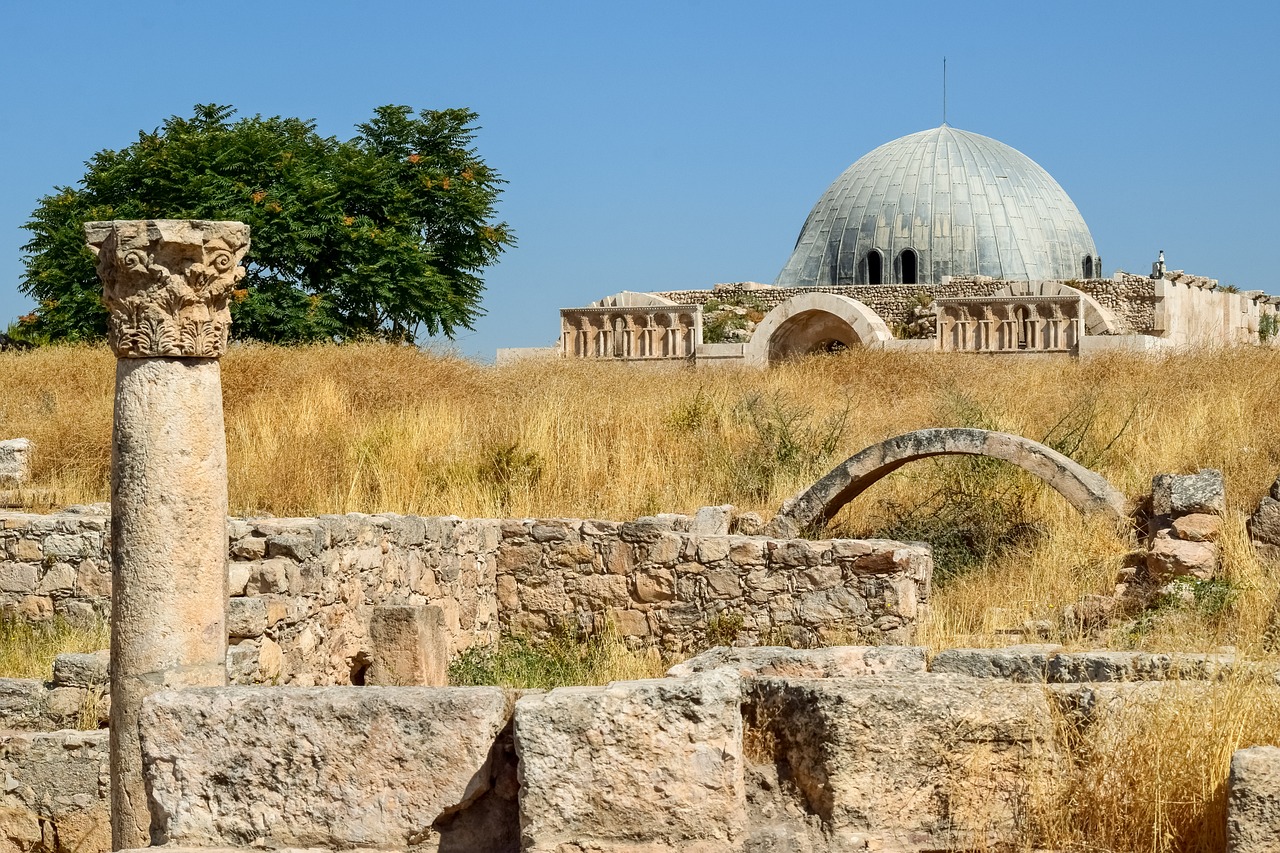
Looting and Illegal Trafficking
When conflicts arise, the repercussions extend far beyond the battlefield, often reaching ancient archaeological sites and cultural treasures. One of the most devastating consequences of modern conflicts is the rampant of archaeological artifacts. As chaos and lawlessness prevail, opportunistic individuals take advantage of the turmoil to plunder valuable relics from vulnerable sites.
The illicit trade in looted artifacts not only strips these objects of their historical context but also fuels a lucrative black market where cultural heritage is commodified for profit. The loss of these artifacts not only erases tangible connections to the past but also hampers the ability of archaeologists to reconstruct and understand ancient civilizations.
Moreover, the illegal trafficking of archaeological treasures perpetuates a cycle of destruction, as the demand for such items incentivizes further looting and pillaging of sites. This vicious cycle not only robs future generations of their heritage but also perpetuates the destabilization of conflict-affected regions.

Impact on Research and Preservation
Exploring the impact of warfare and civil unrest on ancient sites, artifacts, and cultural heritage, shedding light on the challenges faced by archaeologists in conflict zones.
Discussing the deliberate targeting and destruction of archaeological sites and artifacts during conflicts, resulting in irreparable loss of historical and cultural significance.
Examining how conflicts create opportunities for looting of archaeological sites, leading to the illegal trade of artifacts on the black market and the loss of valuable historical context.
War and conflict not only devastate archaeological sites physically but also have a profound impact on the research and preservation efforts of these invaluable remnants of the past. The rampant looting and illegal trafficking of artifacts during conflicts not only strip these artifacts of their historical context but also hinder the ability of archaeologists to conduct thorough research and gain a comprehensive understanding of past civilizations.
Exploring how conflicts force local communities living near archaeological sites to abandon their homes, disrupting the connection between people and their cultural heritage.
Examining the destruction of archaeological site infrastructure, such as museums and conservation facilities, hindering efforts to protect and preserve cultural artifacts.
Discussing the role of international organizations and agreements in safeguarding archaeological sites during conflicts and promoting the ethical treatment of cultural heritage.
Exploring the ethical considerations and challenges faced by archaeologists working in conflict zones, including issues of looting, preservation, and community engagement.
Highlighting the importance of post-conflict reconstruction efforts in restoring damaged archaeological sites, preserving cultural heritage, and rebuilding communities.
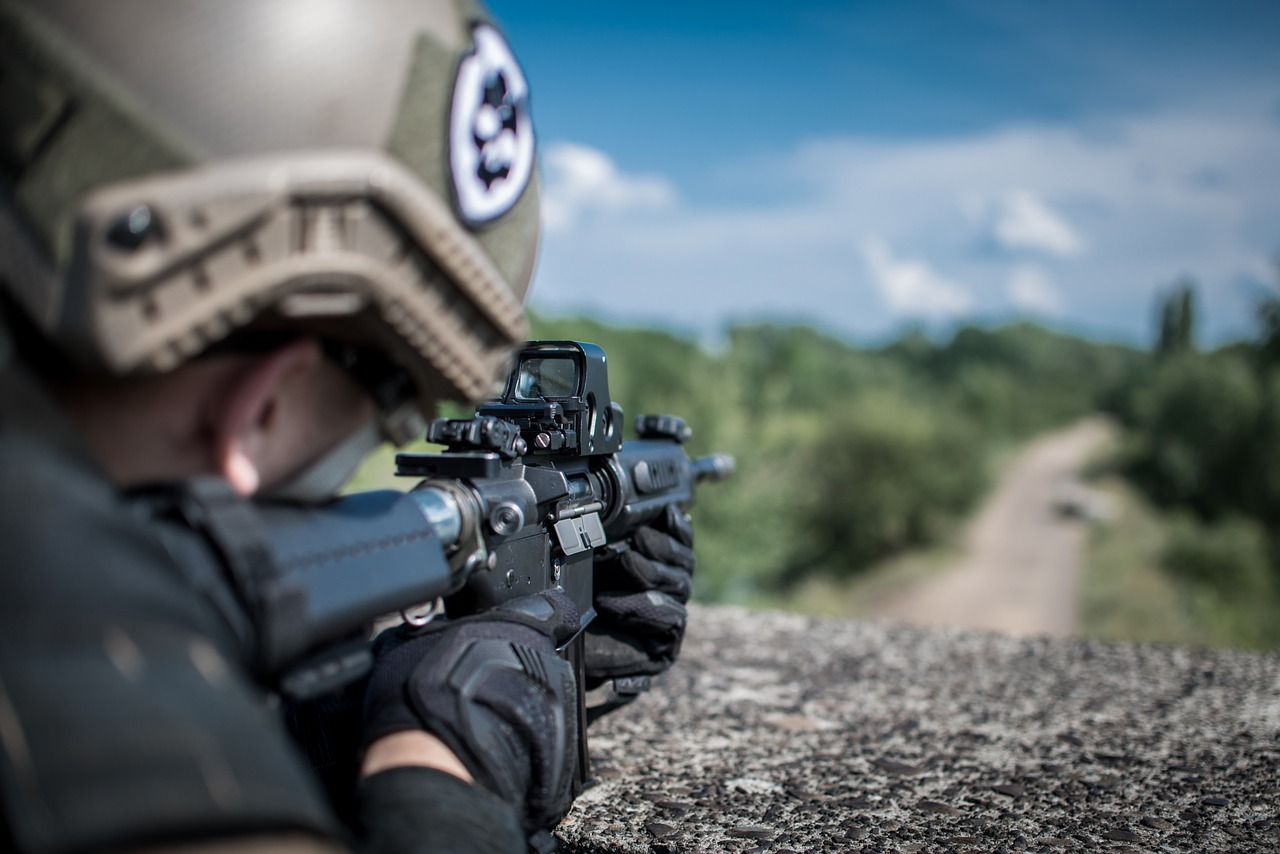
Forced Displacement of Communities
Exploring the impact of warfare and civil unrest on ancient sites, artifacts, and cultural heritage, shedding light on the challenges faced by archaeologists in conflict zones.
Discussing the deliberate targeting and destruction of archaeological sites and artifacts during conflicts, resulting in irreparable loss of historical and cultural significance.
Examining how conflicts create opportunities for looting of archaeological sites, leading to the illegal trade of artifacts on the black market and the loss of valuable historical context.
Highlighting the detrimental effects of looting and trafficking on archaeological research, preservation efforts, and the understanding of past civilizations.
Exploring how conflicts force local communities living near archaeological sites to abandon their homes, disrupting the connection between people and their cultural heritage. The forced displacement of communities not only results in the loss of homes and livelihoods but also severs the deep-rooted ties between the inhabitants and the historical sites they once called home.
Examining the destruction of archaeological site infrastructure, such as museums and conservation facilities, hindering efforts to protect and preserve cultural artifacts.
Discussing the role of international organizations and agreements in safeguarding archaeological sites during conflicts and promoting the ethical treatment of cultural heritage.
Exploring the ethical considerations and challenges faced by archaeologists working in conflict zones, including issues of looting, preservation, and community engagement.
Highlighting the importance of post-conflict reconstruction efforts in restoring damaged archaeological sites, preserving cultural heritage, and rebuilding communities.
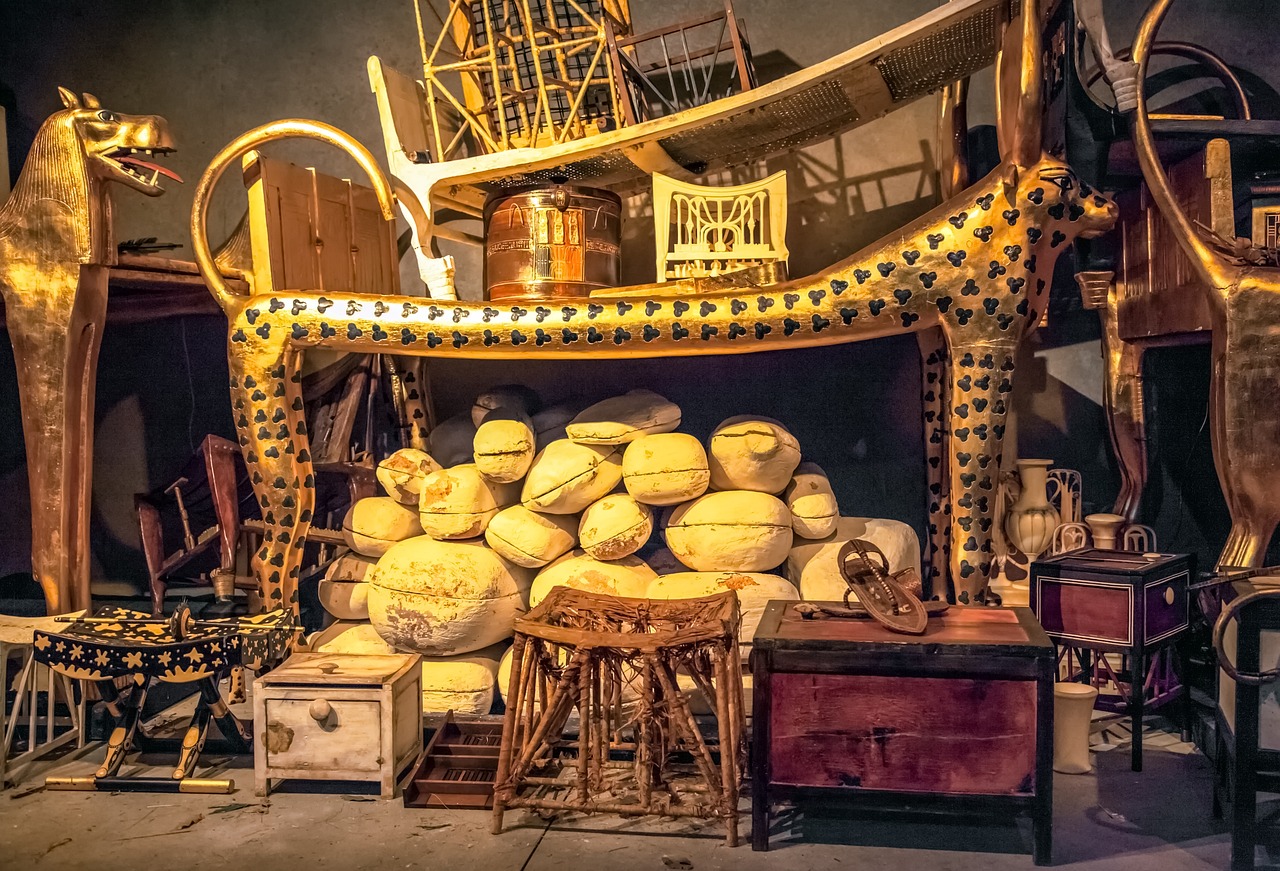
Damage to Infrastructure and Conservation Efforts
During times of conflict, archaeological sites and their surrounding infrastructure often bear the brunt of destruction and damage. Museums, conservation facilities, and other important structures are not spared from the chaos of war, leading to significant setbacks in conservation efforts and the protection of cultural heritage. The very places that house invaluable artifacts and historical treasures become targets of violence, resulting in irreparable harm to the physical environment and the conservation projects in place.
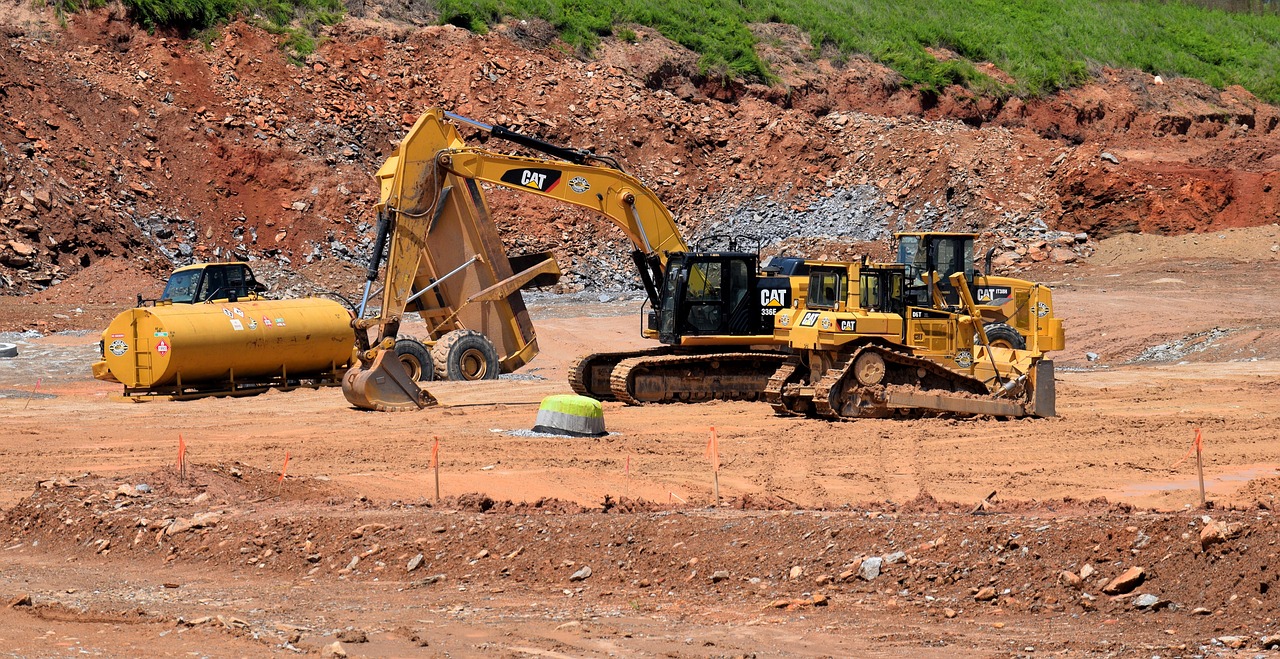
International Efforts for Protection
When it comes to safeguarding archaeological sites in conflict zones, international efforts play a crucial role in preserving our shared cultural heritage. Organizations like UNESCO (United Nations Educational, Scientific and Cultural Organization) are at the forefront of promoting the protection of these sites through various initiatives and agreements.
One of the key mechanisms for protecting cultural heritage during conflicts is the 1954 Hague Convention, which aims to prevent the destruction and looting of cultural property during armed conflicts. This international treaty establishes rules and guidelines for the protection of cultural heritage, emphasizing the importance of respecting these sites even in times of war.
Additionally, the International Council on Monuments and Sites (ICOMOS) works closely with local communities and governments to develop strategies for safeguarding archaeological sites and promoting sustainable conservation practices. By engaging with stakeholders at all levels, ICOMOS helps raise awareness about the significance of cultural heritage and the need for its protection.
Through collaborative efforts and partnerships with governments, NGOs, and local communities, international organizations strive to mitigate the impact of conflicts on archaeological sites. By advocating for the ethical treatment of cultural heritage and supporting preservation initiatives, these efforts aim to ensure that future generations can continue to learn from and appreciate the richness of our shared past.
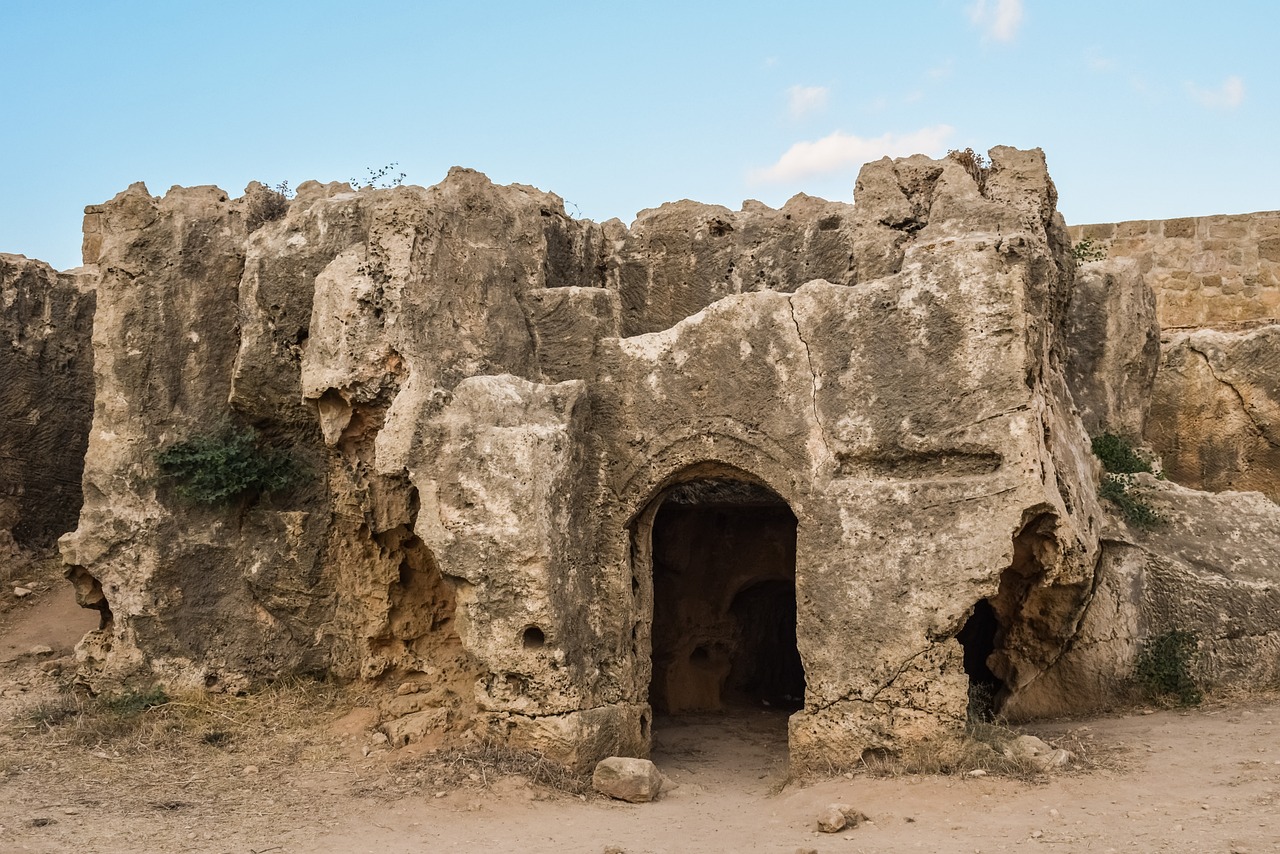
Archaeological Ethics in Conflict Zones
When it comes to conducting archaeological work in conflict zones, ethical considerations play a crucial role in guiding the actions of archaeologists and researchers. The challenging environment of conflict-affected areas brings forth a myriad of ethical dilemmas that must be carefully navigated to ensure the protection and preservation of cultural heritage.
One of the primary ethical considerations in conflict zones is the issue of looting and illegal trafficking of artifacts. The chaos and instability of conflict provide opportunities for individuals to exploit archaeological sites for personal gain, leading to the loss of valuable historical context. Archaeologists face the ethical dilemma of balancing the need for research with the responsibility to prevent further destruction and exploitation of cultural heritage.
Moreover, preservation efforts in conflict zones are often hindered by limited resources and the prioritization of immediate security concerns. The ethical question arises of how to best allocate resources to protect and preserve archaeological sites while also addressing the urgent needs of affected communities.
Community engagement is another crucial aspect of archaeological ethics in conflict zones. Involving local communities in the preservation and management of archaeological sites not only fosters a sense of ownership and pride but also helps protect these sites from looting and destruction. However, conflicts can disrupt the relationship between communities and their cultural heritage, making it challenging to engage effectively with local stakeholders.
Furthermore, archaeologists working in conflict zones must navigate complex political dynamics and power structures that can impact their research and preservation efforts. The presence of armed groups, government forces, and other actors in conflict zones adds an additional layer of complexity to the ethical considerations faced by archaeologists.
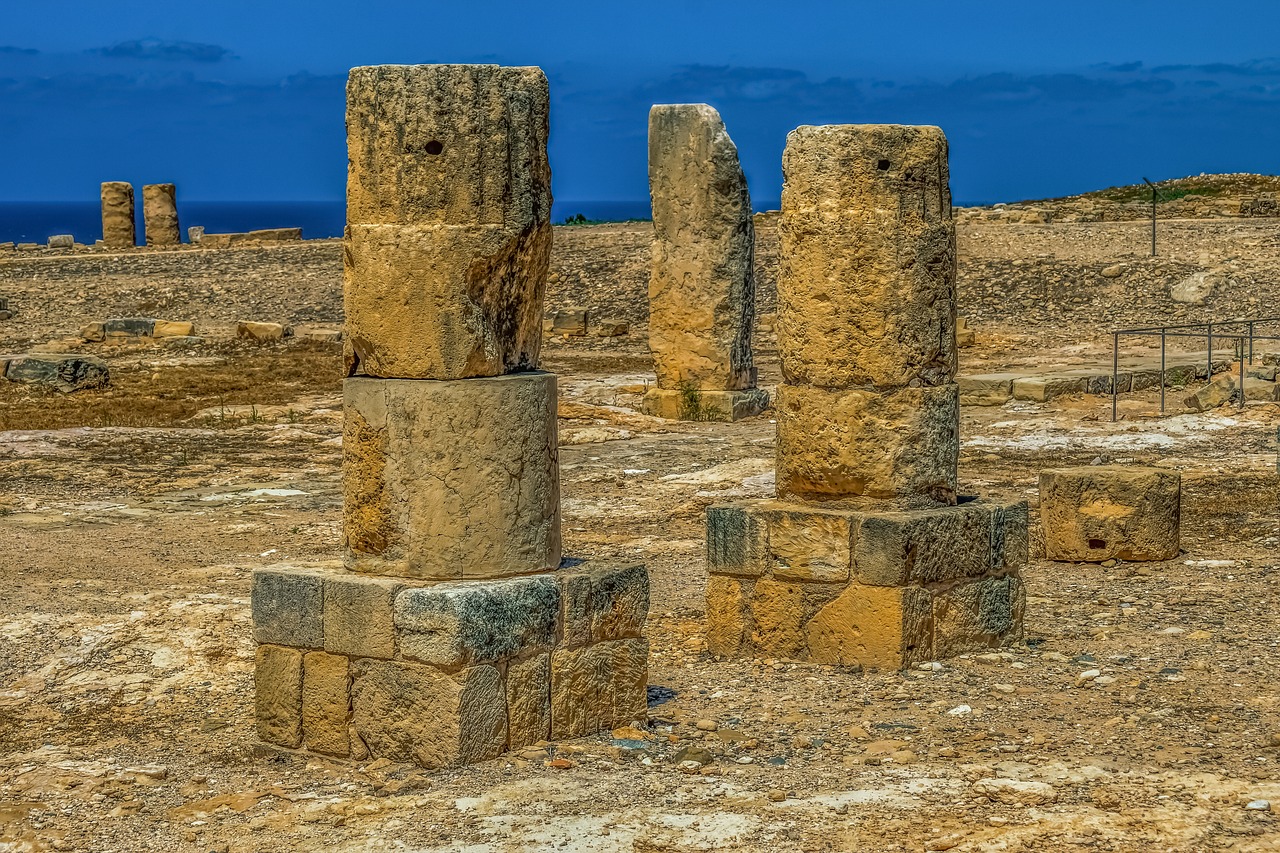
Reconstruction and Recovery Post-Conflict
Exploring the impact of warfare and civil unrest on ancient sites, artifacts, and cultural heritage, shedding light on the challenges faced by archaeologists in conflict zones.
Discussing the deliberate targeting and destruction of archaeological sites and artifacts during conflicts, resulting in irreparable loss of historical and cultural significance.
Examining how conflicts create opportunities for looting of archaeological sites, leading to the illegal trade of artifacts on the black market and the loss of valuable historical context.
Highlighting the detrimental effects of looting and trafficking on archaeological research, preservation efforts, and the understanding of past civilizations.
Exploring how conflicts force local communities living near archaeological sites to abandon their homes, disrupting the connection between people and their cultural heritage.
Examining the destruction of archaeological site infrastructure, such as museums and conservation facilities, hindering efforts to protect and preserve cultural artifacts.
Discussing the role of international organizations and agreements in safeguarding archaeological sites during conflicts and promoting the ethical treatment of cultural heritage.
Exploring the ethical considerations and challenges faced by archaeologists working in conflict zones, including issues of looting, preservation, and community engagement.
After the turmoil of conflict subsides, the arduous task of reconstruction and recovery begins. It is akin to piecing together a shattered vase, each fragment carrying a story of resilience and hope. Archaeologists and conservationists work tirelessly to restore the damaged archaeological sites, breathing life back into the silent remnants of the past. Post-conflict reconstruction efforts not only aim to rebuild physical structures but also to revive the spirit of communities that have endured the ravages of war. Through meticulous excavation and restoration, these sites become symbols of resilience, standing as testaments to the enduring human spirit in the face of destruction.
Frequently Asked Questions
- How do modern conflicts impact archaeological sites?
Modern conflicts can have devastating effects on archaeological sites, leading to destruction, looting, and displacement of communities. These conflicts often result in the deliberate targeting of historical sites and artifacts, causing irreparable damage to our shared cultural heritage.
- What is the significance of preserving archaeological sites during conflicts?
Preserving archaeological sites during conflicts is crucial for maintaining our connection to the past and understanding ancient civilizations. By safeguarding these sites, we can protect valuable historical context and ensure that future generations can learn from our shared heritage.
- How can international efforts help protect archaeological sites in conflict zones?
International organizations play a vital role in protecting archaeological sites during conflicts by promoting ethical treatment of cultural heritage and supporting preservation efforts. Through collaborative agreements and initiatives, these efforts aim to mitigate the impact of warfare on our global heritage.








